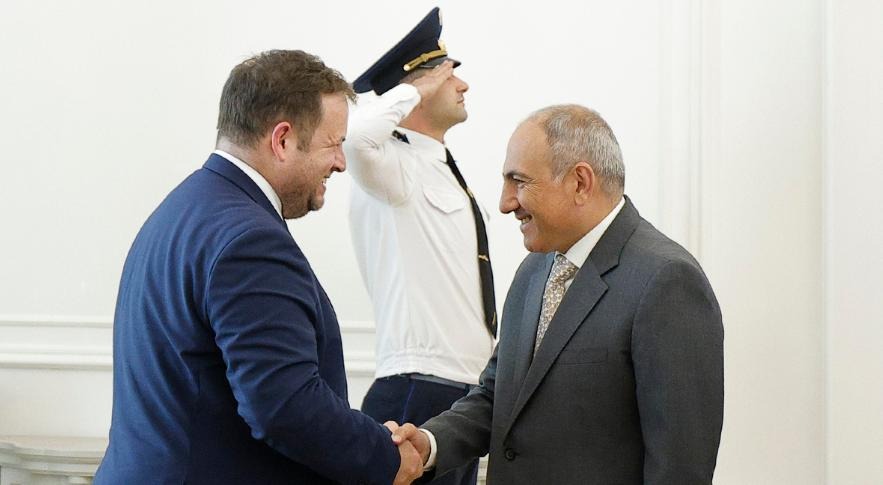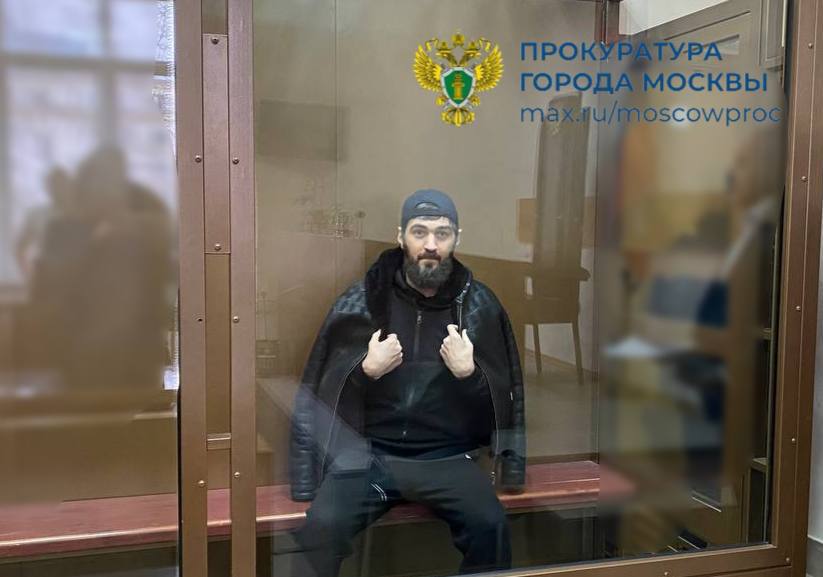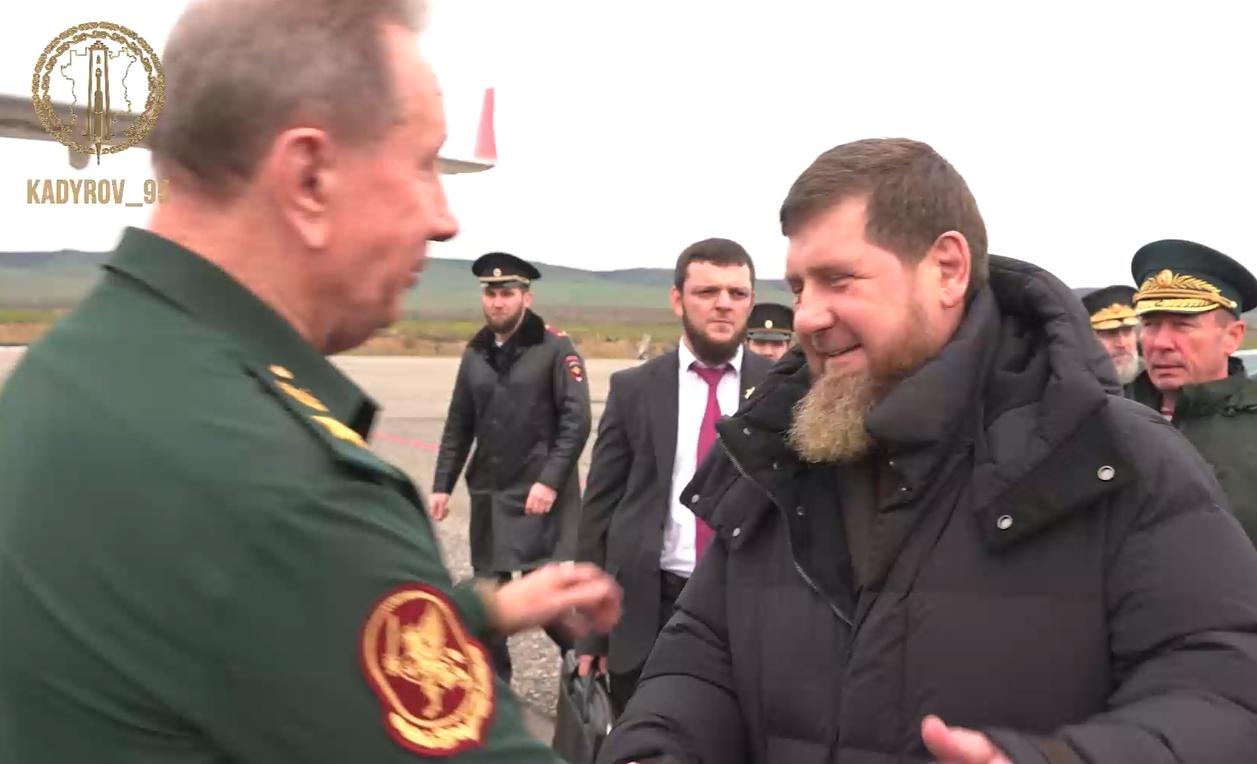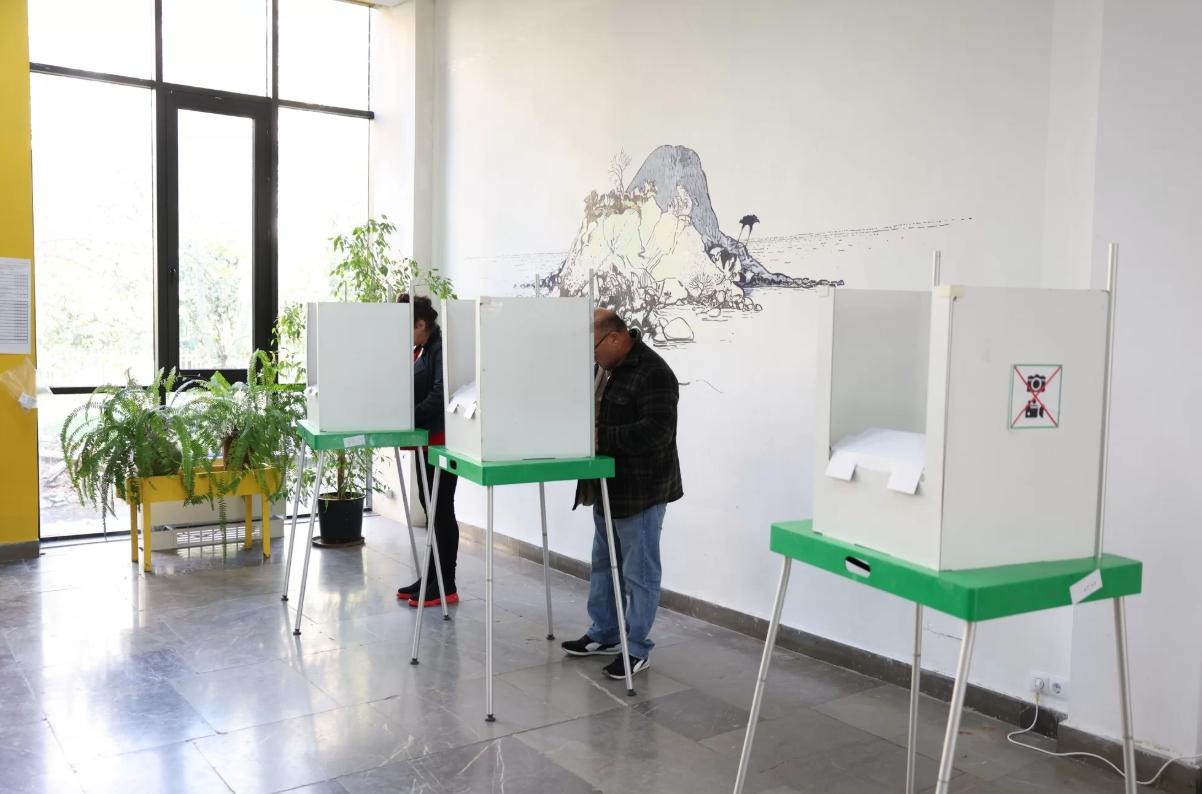The United Kingdom has declared its readiness to counter attempts by Russia and other external forces to interfere in Armenia's electoral process. Minister of State Lio Doughty emphasized that London is committed to supporting electoral integrity and the security of the information environment during elections.
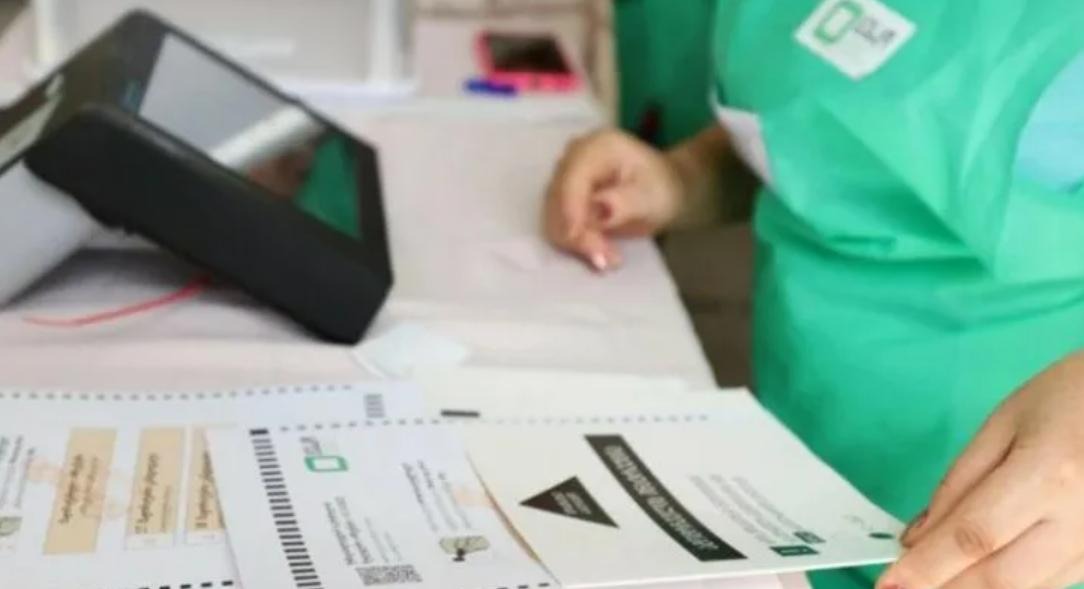
The OSCE Office for Democratic Institutions and Human Rights may send an observation mission to the local elections to be held in Georgia this autumn. This will be implemented if official Tbilisi promptly initiates an invitation.
Earlier, Prime Minister Irakli Kobakhidze announced the government's decision not to invite European observers to the vote. This step, as noted by the OSCE/ODIHR, was "a departure from Georgia's long-standing and consistent practice over the past two decades."
"The OSCE/ODIHR remains ready to send an observation mission if the Georgian authorities issue a timely invitation in the interests of transparency and increasing public confidence in Georgia's democratic institutions," the statement said.
Director of the Office Maria Telalyan added that "ODIHR remains committed to supporting Georgia in implementing its OSCE commitments" and expressed hope for continued long-term cooperation with both the authorities and civil society to "help strengthen democratic governance and human rights for all."
The head of the Georgian Parliament's Committee on European Integration Levan Makhashvili responded to the OSCE/ODIHR statement. He emphasized that Tbilisi has been stating for several months that if the value of OSCE/ODIHR observation missions is recognized, then their findings and observations should be respected. In this context, the member of the ruling party recommended that ODIHR address the question not to the Georgian authorities, but, for example, to the Baltic states, which oppose these findings.
The MP emphasized that "for the first time in 20 years, the OSCE/ODIHR conclusion [on the results of the 2024 parliamentary elections] was simply torn up and thrown into the political trash bin." According to him, “when the reputation of the OSCE/ODIHR has been deliberately and noticeably undermined for several months” by EU member states, Georgia’s decision on the upcoming elections should not be surprising.
“We have been saying this for several months now: if you see value in the OSCE/ODIHR observation missions, then respect their findings and observations. We have not seen this, so we should point the finger not at the Georgian leadership, but at the Baltic states; it is worth asking why they oppose these findings,” Levan Makhashvili concluded.
